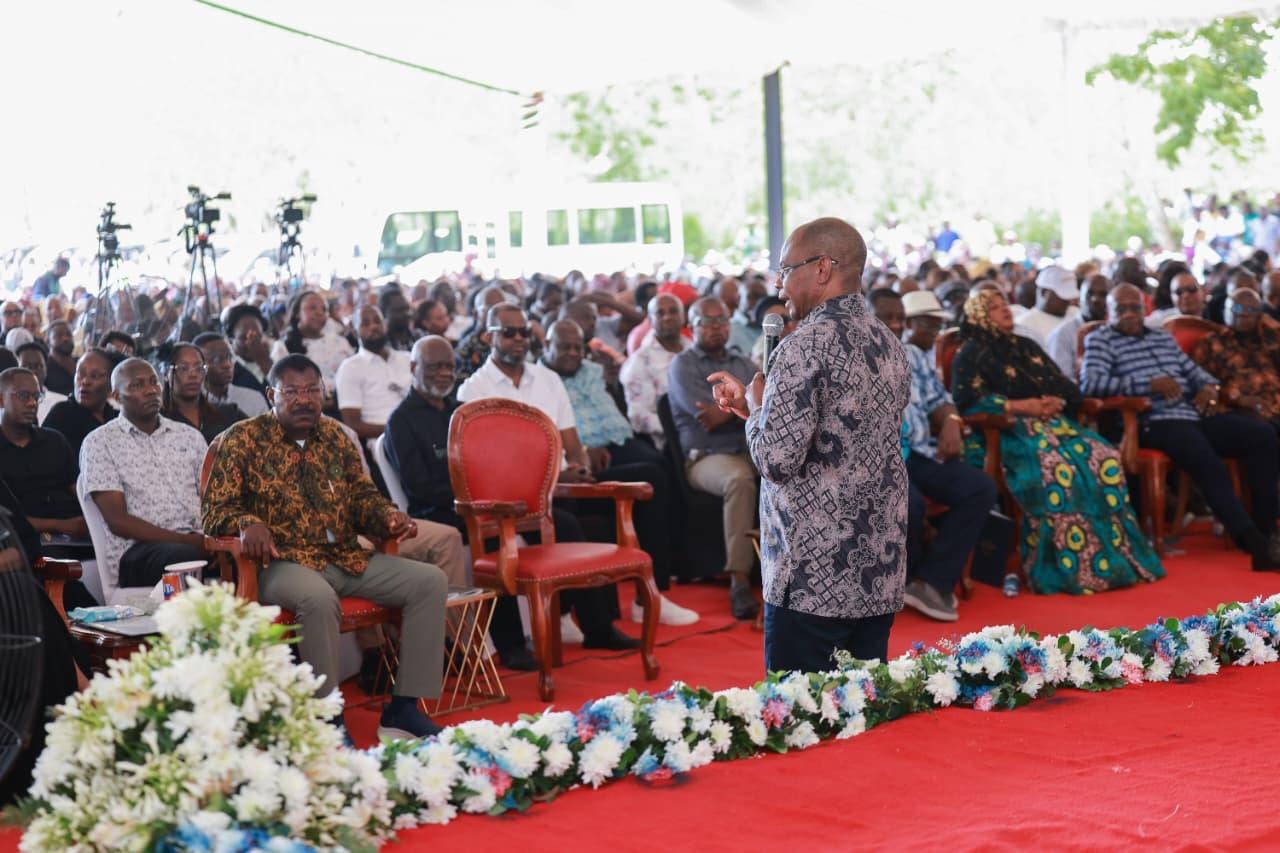World Bank flags wasteful spending on public servants’ travel allowances

When travelling abroad, especially to the United States, civil servants receive about $513 (Sh66,317) daily, a figure the World Bank says needs urgent review to prevent misuse of resources.
Kenya’s government is spending large sums of public money on travel allowances for civil servants, raising concerns over financial management as the economy struggles and the risk of debt problems rises, the World Bank has warned.
When travelling abroad, especially to the United States, civil servants receive about $513 (Sh66,317) daily, a figure the World Bank says needs urgent review to prevent misuse of resources.
More To Read
- Chief Justice Koome swears in Michael Thoya as new SRC Commissioner
- Head of Public Service Felix Koskei blasts independent commissions for high salaries, poor service delivery
- World Bank urges Kenya to raise excise taxes to clear Sh526 billion pending bills
- World Bank raises Sub-Saharan Africa growth forecast to 3.8 per cent for 2025
- State officials flock to Geneva, New York and Dubai despite travel limits - CoB
- World Bank warns of 'lost decade' as global growth slows to three-decade low
In the fiscal year 2022/23, allowances made up 14 per cent of total government spending.
Of wage-related expenses, permanent staff and officials receive 60 per cent in salaries, while 30 per cent goes to remunerative allowances and 10 per cent to facilitative ones.
The World Bank warns that weak enforcement of the Salaries and Remuneration Commission guidelines has contributed to excessive allowance payments.
The Bank’s report explains that “A critical issue in the current remunerative allowance practice is the market adjustment component that is potentially leading to double compensation".
The original intent of the market adjustment was to ensure that compensation reflected prevailing market rates for specific skills until these rates could be incorporated into the basic salary.
This adjustment is now being captured in the market adjustment and basic salary, however, leading to potential double-counting.
Excessive facilitative allowances have also been a problem.
“These allowances have been used to supplement basic pay rather than as rewards for specific jobs or work performance. This undermines productivity as staff are frequently absent from their duty stations since the system creates incentives to seek per diems,” the World Bank states.
The fiscal year 2022/23 saw Sh6.2 billion spent on Daily Subsistence Allowance (DSA), making up 32 per cent of the Sh19.6 billion used for travel-related expenses.
The Auditor General’s office found widespread overuse of DSA, which fails to provide value for money. The allowance system has led to many committees and meetings, causing delays in administrative actions and decisions.
To address this, the World Bank advises better regulation of travel frequency and locations for workshops, budget caps on travel and conferences, and standardising DSA across job levels.
“If the per diem and accommodation rates are standardised across all job groups using rates from Ministries, Departments and Agencies, the average daily cost per officer drops to $326 (Sh42,162), a saving of $187 (Sh24,187) per day. If the rates are standardised across all job groups using the UNDP rate, the average daily cost per officer is $460, a saving of $53 per day relative to the current average expenditure,” the policy said.
Top Stories Today
















































